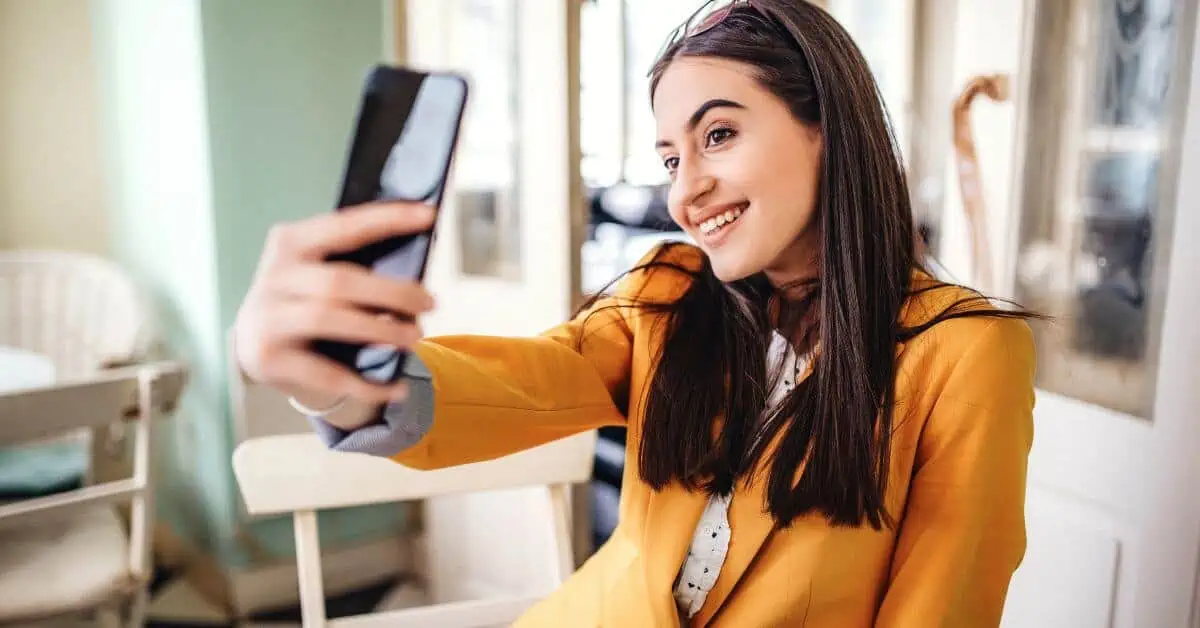The all-important dating app profile picture–it’s the first impression you give the digital world, a small square that can hold a thousand words, thoughts, or emotions about you. Ever wondered why someone chooses a specific profile photo? Why did they pick that weird pose? Why that super serious, even stern, face? Or even, why no face at all?
Delving into the psychology behind profile pictures can be a fascinating journey into personal branding, self-perception, and how we want the world to see us. So buckle up, readers, and let’s discover what lies behind that hand-picked image on a dating profile!
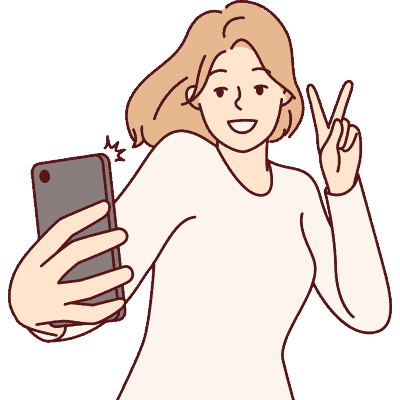
The Smiling Selfie: “I’m Friendly and Approachable!”
Most of us are hardwired to respond positively to a smile. It’s a universal sign of warmth and friendliness. Those who use smiling selfies are often seen as more approachable, relatable, and sociable. They seemingly want to connect with those who view it on a more personal level, signaling an invitation to interact–or they could just be happy at that moment and really don’t want you to message them! It’s a guessing game.

The Travel Junkie Shot: “I’m Adventurous!”
Sunset over Bora Bora? Check. The Grand Canyon in the background? Double check. Those with exotic travel shots as their dating profile pic want to show off their adventurous spirit, openness to new experiences, and wanderlust. It’s about showcasing experiences, memories, and perhaps a touch of can’t-stay-in-one-place-for-too-long, aka a commitment-phobe.

The Professional Headshot: “I Mean Business.”
These are the LinkedIn aficionados, the corporate hustlers, the Wall Street bros. A crisp, professional photo screams they are serious about their career and ambitions–maybe a little too serious. The people who chose a professional headshot as a dating profile’s main image really want you to know they mean biz; they value first impressions and want to ensure they exude competence and professionalism.

The Pet Lover: “Meet my Furry Best Friend!”
A picture with a pet, be it a dog, cat, or even a bird, often shows off warmth and a nurturing nature. These furry friend lovers usually value relationships, loyalty, and companionship. Plus, it’s an excellent conversation starter – “Oh, is that your Golden Doodle?”

The Mysterious Absence: “I Value My Privacy.”
Opting for an avatar, an object, or that basic gray silhouette of a man photo can be a conscious choice. It signals a preference for privacy or a desire to be judged by the words on the dating profile rather than looks alone. This can also be a strategic move in online spaces where biases based on looks, age, or race affect interactions.
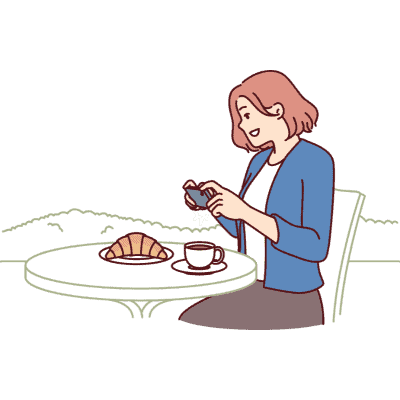
The Hobby Showcase: “This is My Passion!”**
Be it playing a musical instrument, painting, or dancing–profile pictures highlighting hobbies give a sneak peek into one’s true passions. They also signal a multifaceted personality and tend to invite compatible individuals to connect over a shared interest that is showcased in the photo.
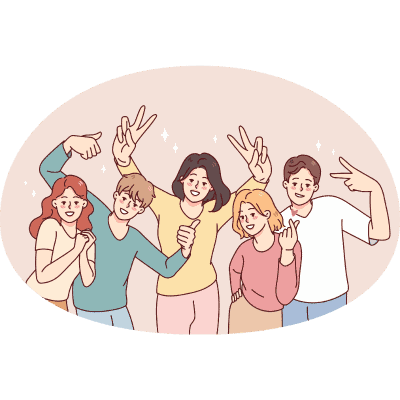
The Group Photo: “I’m Social and Love My Tribe!”
A group shot as a profile picture often highlights the importance of community and friendships in one’s life. Such individuals are usually seen as social butterflies, valuing their personal connections. However, it often leaves singles playing Where’s Waldo? when trying to figure out which person the dating profile belongs to.

The Candid Capture: “I’m Authentic!”
Candid shots, those unplanned moments captured on camera, often radiate “I’m real” and spontaneity. Users who opt for these photos can be signaling their desire for genuine connections and interactions–or they could just look super cute in the photo, so that’s the one they used!

The Filter Fanatic: “I Love Creativity and Trends!”
From dog and cat ears to angelic auras and glow, filters are sometimes necessary to cover up that massive pimple, but you can overuse filters. Those heavily using filters often align with the latest digital trends and have a fun, playful side. However, an over-reliance on filters might also hint at self-esteem issues or a desire for perfection. Use filters for good, not for evil!
The Psychology of it All
The psychology of profile pictures is a topic that has garnered interest in recent years, especially with the rise of social media platforms and digital identities. Here’s a brief overview of some insights from psychological studies:
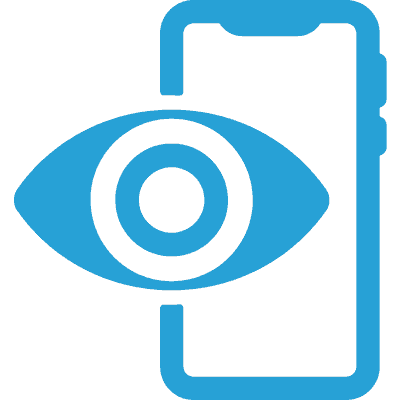
First Impressions Matter
Studies suggest that people make split-second judgments about someone based on their profile picture. Within milliseconds, viewers assess traits like trustworthiness, competence, and attractiveness.

Authenticity and Trust
A study from the Department of Psychology at the University of York found that by merely taking off sunglasses or avoiding other face-obscuring choices, a person could make their photo seem more likable, competent, and influential. Such elements that obscure the eyes or face can reduce perceived authenticity.

Facial Expression & Emotion
Research from Princeton’s Psychological and Brain Sciences Department found that even minor changes in the setting of one’s mouth and eyes can lead viewers to infer a person’s character – for instance, whether they are perceived as introverted or extroverted.

Societal Standards and Filters
The use of filters to enhance attractiveness or change physical features has been linked to societal beauty standards. Research has found that individuals who modify their images are often perceived as more narcissistic. The ongoing trend and its implications on self-esteem and body image are areas of study for many psychologists.

LinkedIn vs. Facebook
A ResearchGate study found that the same person, when viewed through their LinkedIn photo versus a Facebook photo, was perceived differently. Their Facebook photo often led to more positive evaluations in terms of likability but less in terms of perceived job performance.

Selfie vs. Someone-Else-Taken Photo
Research from the National Library of Medicine found that people who take selfies are perceived as more narcissistic and less likable than those who have their photo taken by someone else.
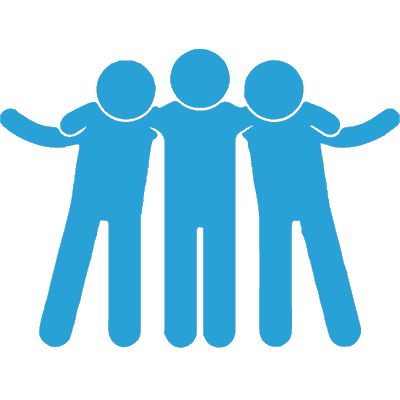
Group Photos & Social Validation
Some studies suggest that when people use group photos, especially those with them at the center, they may be perceived as more sociable or as having higher social validation.

Consistency Across Platforms
A study in Cyberpsychology, Behavior, and Social Networking found that people who have a more consistent profile image across different social media platforms are perceived as more trustworthy.
The Bigger Picture (Takeaways)
The next time you see a profile picture, take a moment to ponder it. What story might they be telling? And the next time you choose your own, think about the narrative you want to communicate to other users–after all, every picture, especially dating profile ones, is worth a thousand words!
